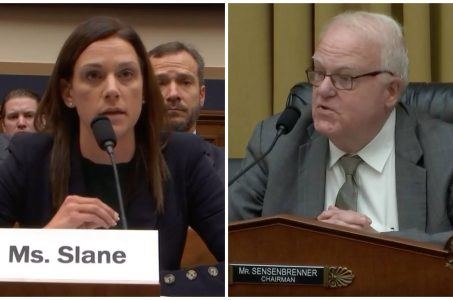Football Index Collapse: UK Regulator Didn’t Understand ‘Dangerous Pyramid Scheme’
Posted on: September 27, 2021, 11:57h.
Last updated on: September 28, 2021, 04:57h.
A UK government report into the collapse of soccer trading platform Football Index has heaped blame on the country’s gambling and financial regulators. The UK Gambling Commission (UKGC) was late to understand the complexity of the novel betting product, so much so that it awarded it the wrong type of license, per the report.

Football Index was billed as a “virtual stock market” for soccer fans, where users could buy and sell notional “shares” in professional soccer players. The value of these shares would fluctuate depending on the real-world performances of the players they represented. Successful traders would receive “dividends” or payouts based on the performance of their shares.
Soon after its launch in 2015, Football Index became a visible brand around UK soccer, advertising widely on television and radio. It even sponsored the jerseys of two English Football League Teams, QPR and Nottingham Forest.
User Panic
But behind the scenes, the company had overextended itself. Despite operating in “extremely challenging conditions,” according to the report, it opted in August 2020 to increase the dividends it was paying to successful customers by 100 percent.
Unlike shares in a company, which have real underlying value, Football Index’s shares were purely notional, which meant its business model relied on the constant sale of more shares to new users to pay its liabilities and avoid collapse.
And collapse it did, in March 2021, just hours after the company announced it would be slashing dividends to ensure “long-term sustainability.”
Many users panicked and cashed out, causing the market to crash overnight. Those who didn’t saw the value of their shares evaporate. Average individual losses were estimated to be around £3,000 ($4,120) each.
“The Gambling Commission could have better responded to the challenges that the novel product raised once launched, with earlier scrutiny, including of the language used by the product, quicker decision-making and action, and better escalation of issues,” the report concludes.
Too Little, Too Late
The UKGC began looking into Football Index more closely in early 2020. But only after a complaint from an unnamed person “with extensive experience in the [gambling] sector,” who warned the regulator it was an “exceptionally dangerous pyramid scheme” and a “disaster waiting to happen.”
At this point, the UKGC realized the trading aspect meant the product probably should have been operating under a betting exchange license, which allows for bets to be matched by users, rather than a straightforward betting license.
But the report reveals the UKGC was now uncertain whether Football Index was a betting product at all and was examining whether it should be regulated by the Financial Conduct Authority (FCA) instead. This suggests the regulator did not fully understand the product it had been licensing for the previous five years.
Aware of Football Index’s financial difficulties, the UKGC considered suspending its license but feared this would cause the crash that eventually happened.
Blurred Lines
Then-UKGC chief executive Neil McArthur resigned in the wake of the platform’s dramatic collapse. His successor, Andrew Rhodes, told The Athletic the report provides “a number of helpful recommendations for how both [the UKGC and FCA] can work better together and for how our regulatory approach deals with novel products.”
In recent years we have seen an increase in the complexity of business models and product offerings,” he added. “The lines between what is gambling and other types of products, such as financial services or computer games, has become increasingly blurred and no longer neatly fit into existing statutory definitions of gambling.
“We have already acted on a number of the recommendations in the report,” he added.
Related News Articles
Most Popular
Mirage Las Vegas Demolition to Start Next Week, Atrium a Goner
Where All the Mirage Relics Will Go
Most Commented
-
Bally’s Facing Five Months of Daily Demolition for Chicago Casino
— June 18, 2024 — 12 Comments -
Chicago Pension Mess Highlights Need for Bally’s Casino
— July 2, 2024 — 5 Comments
















No comments yet